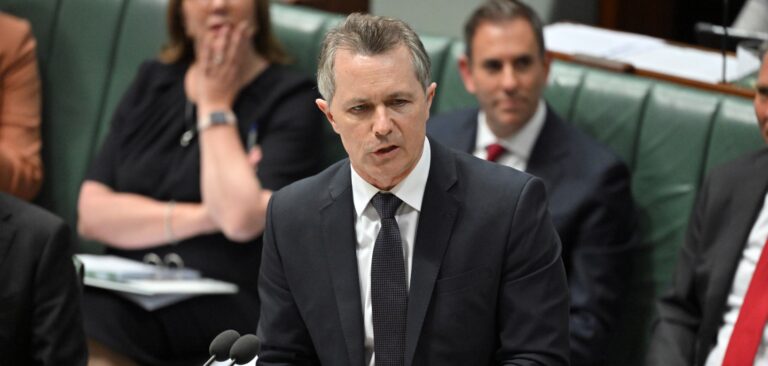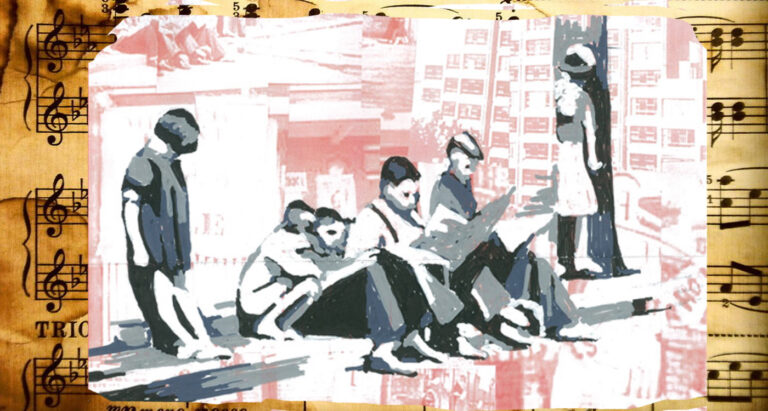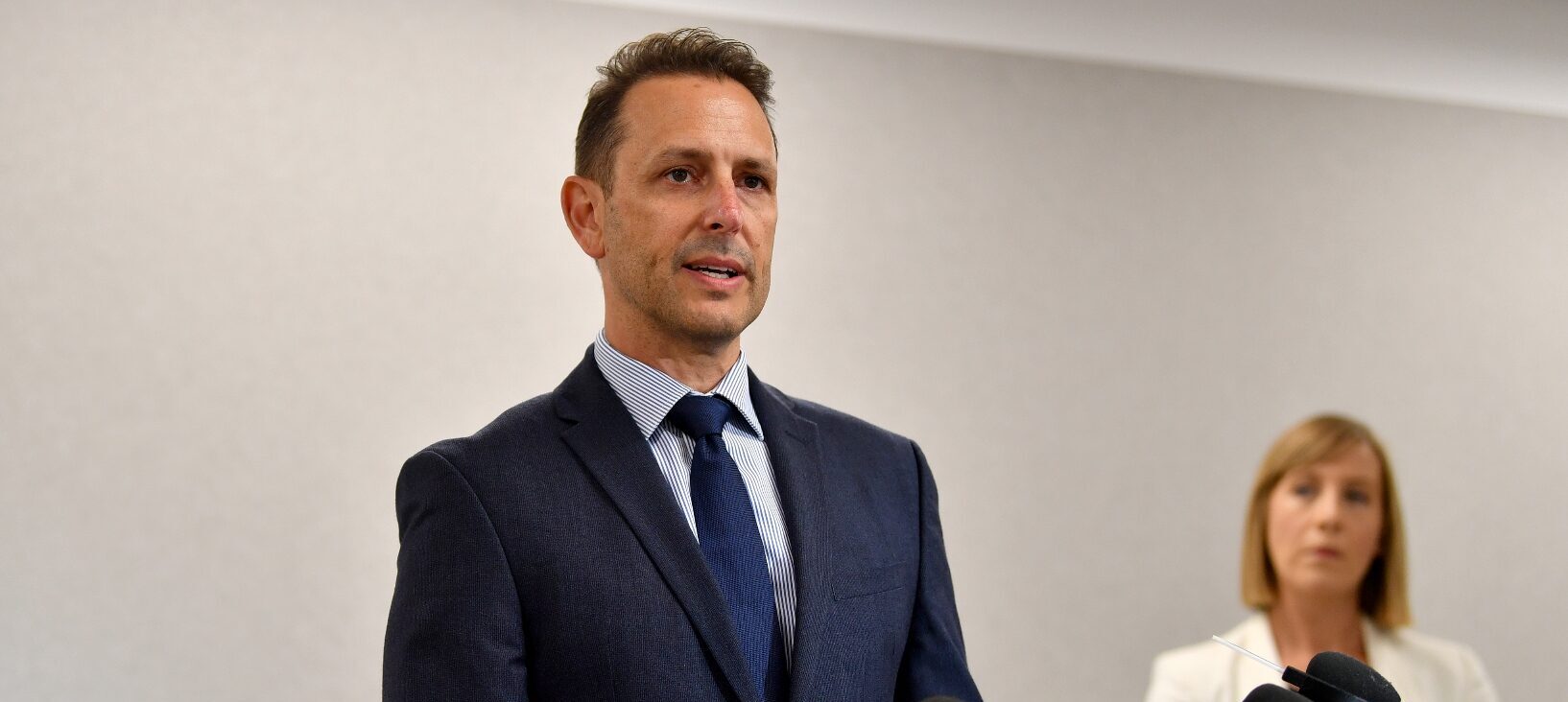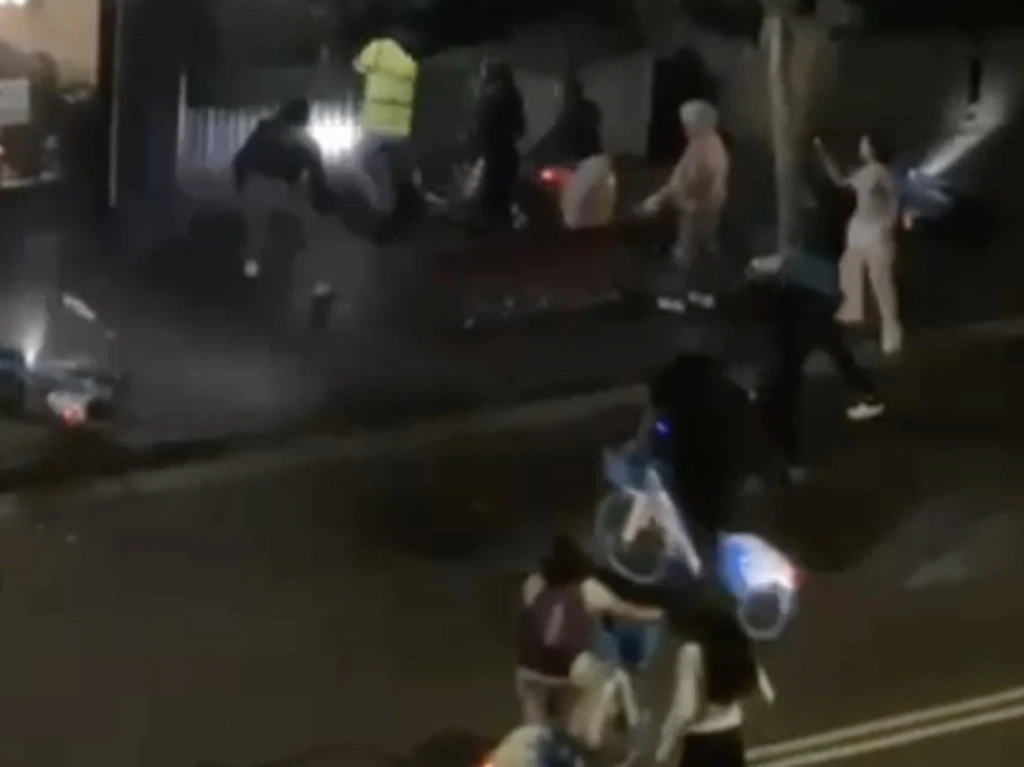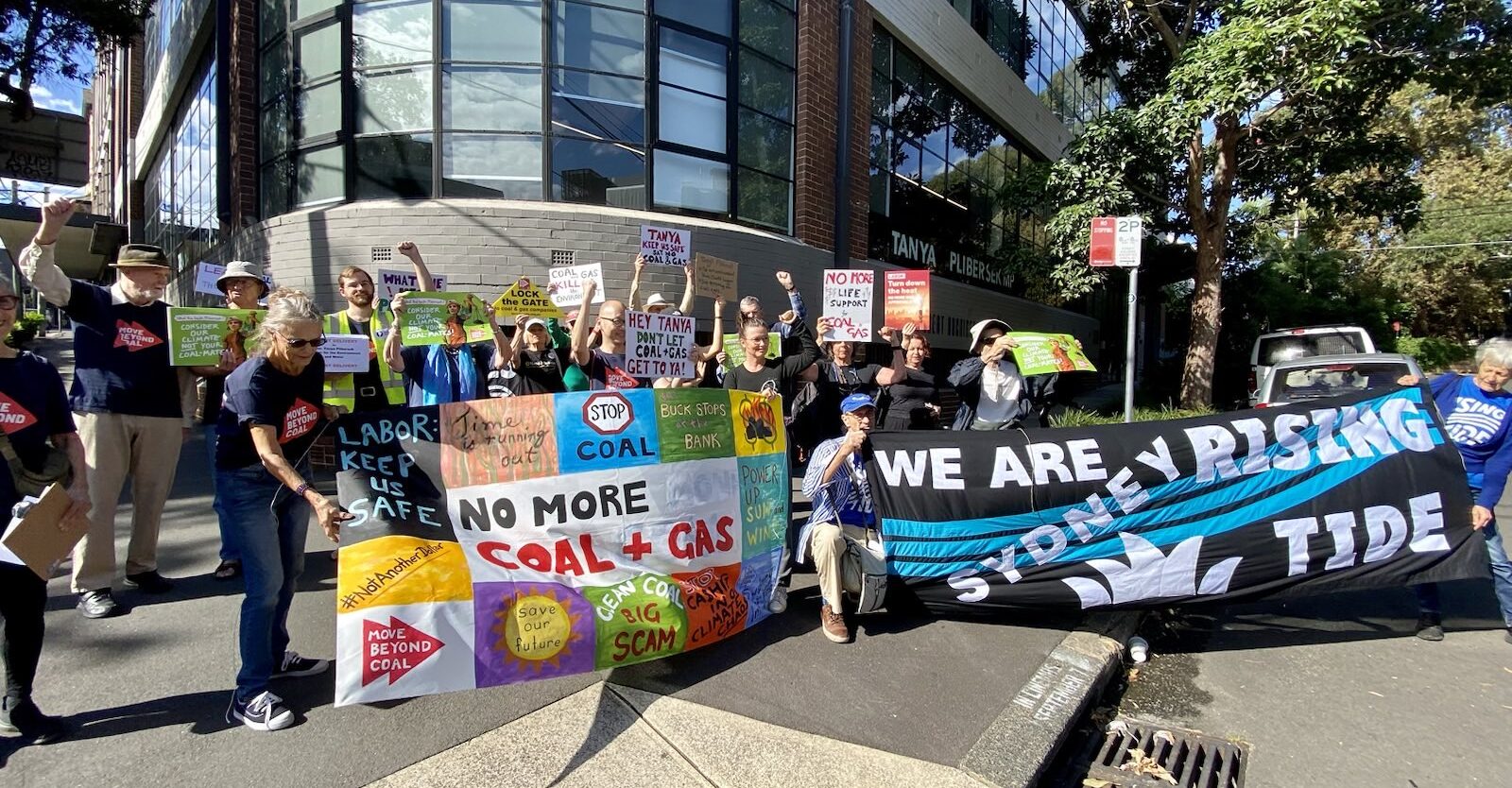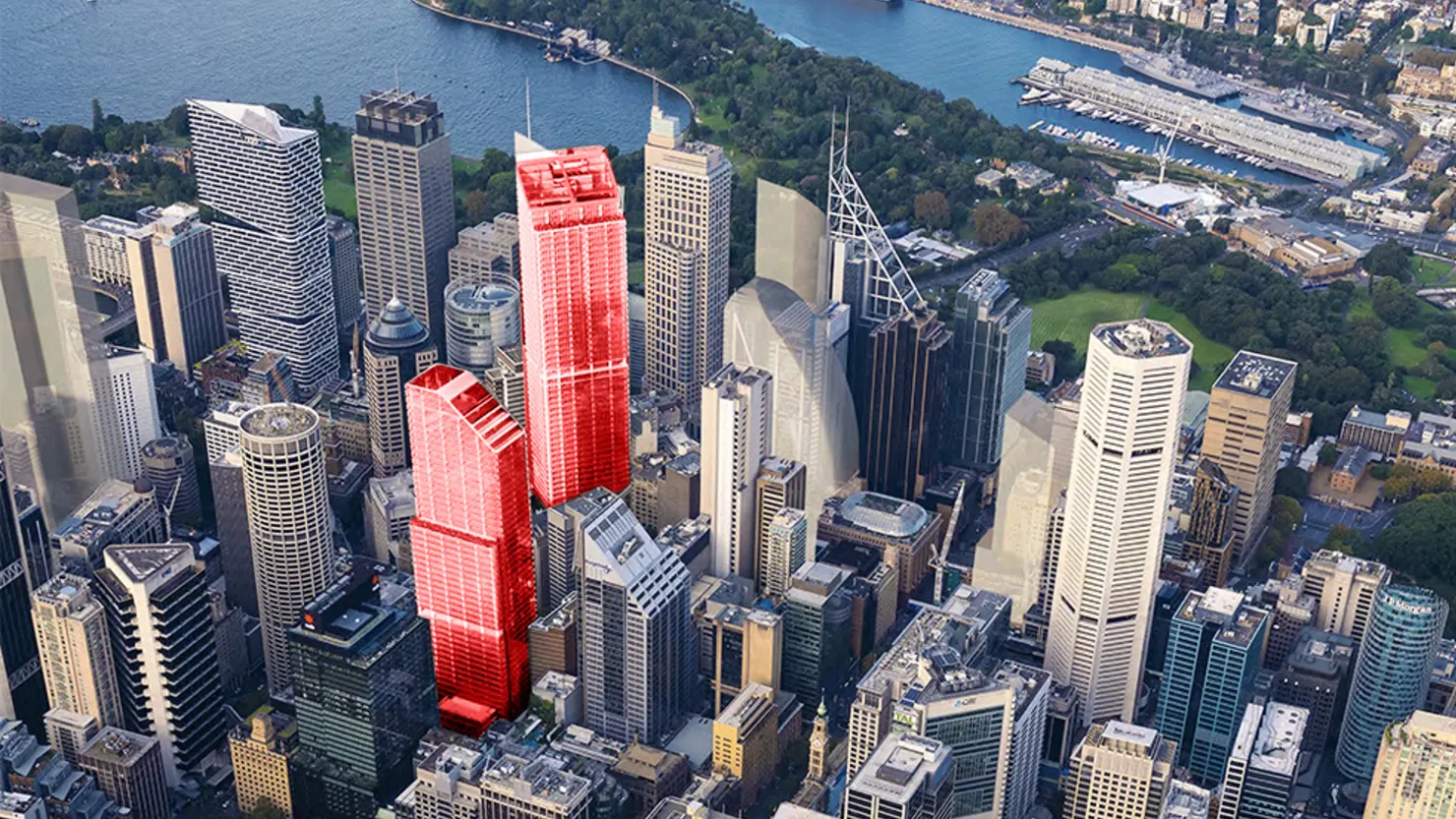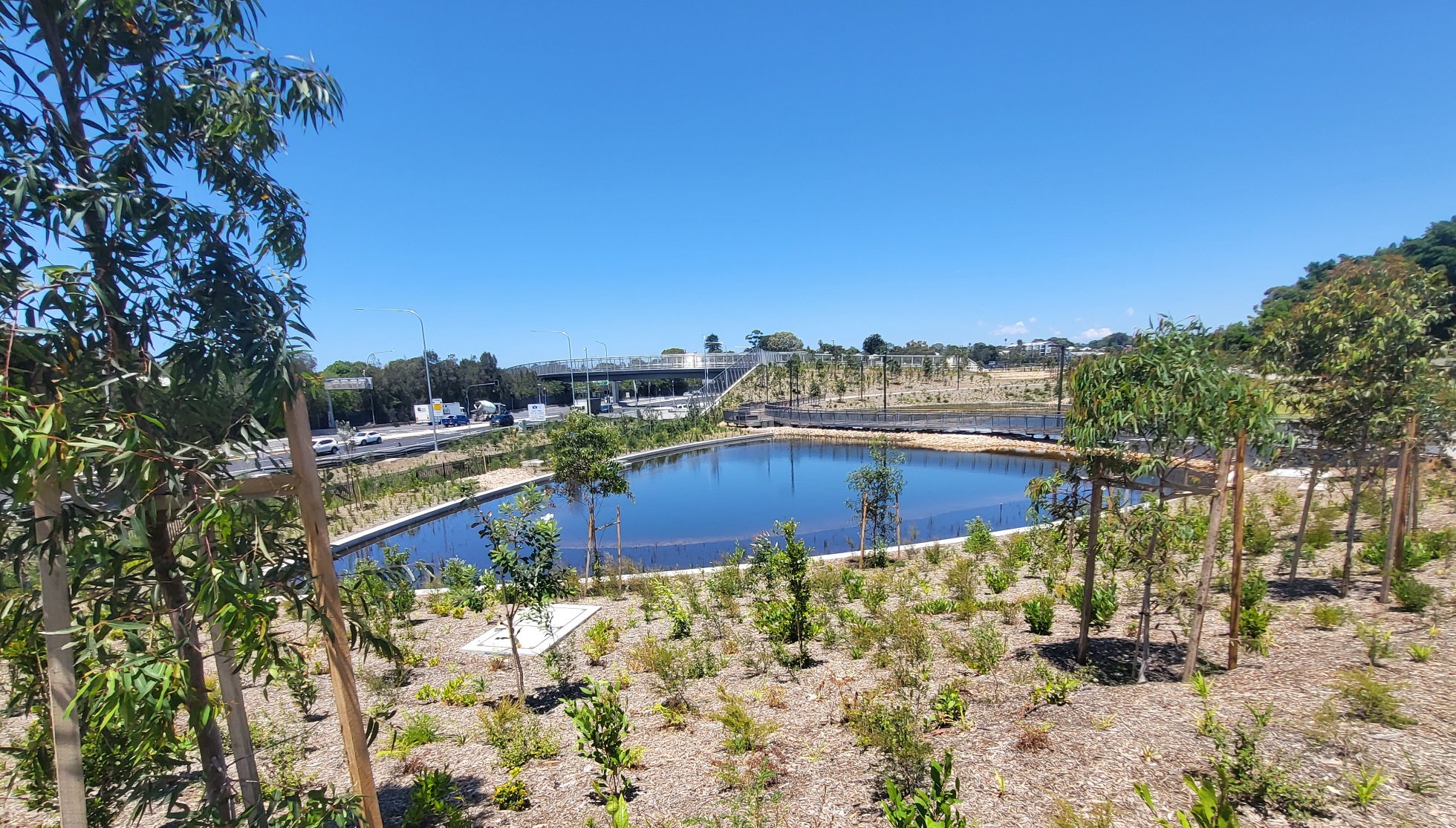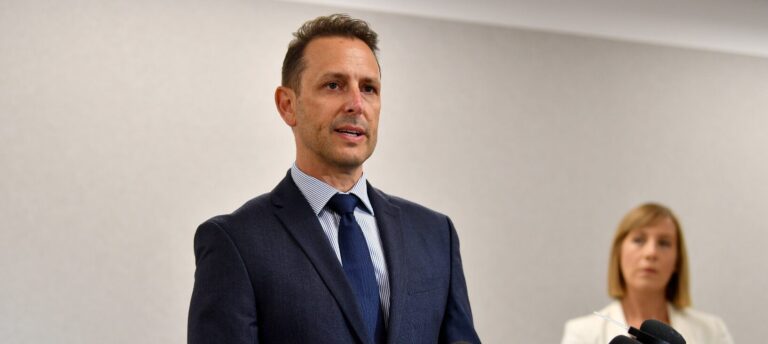
UTS staff strike for better working conditions
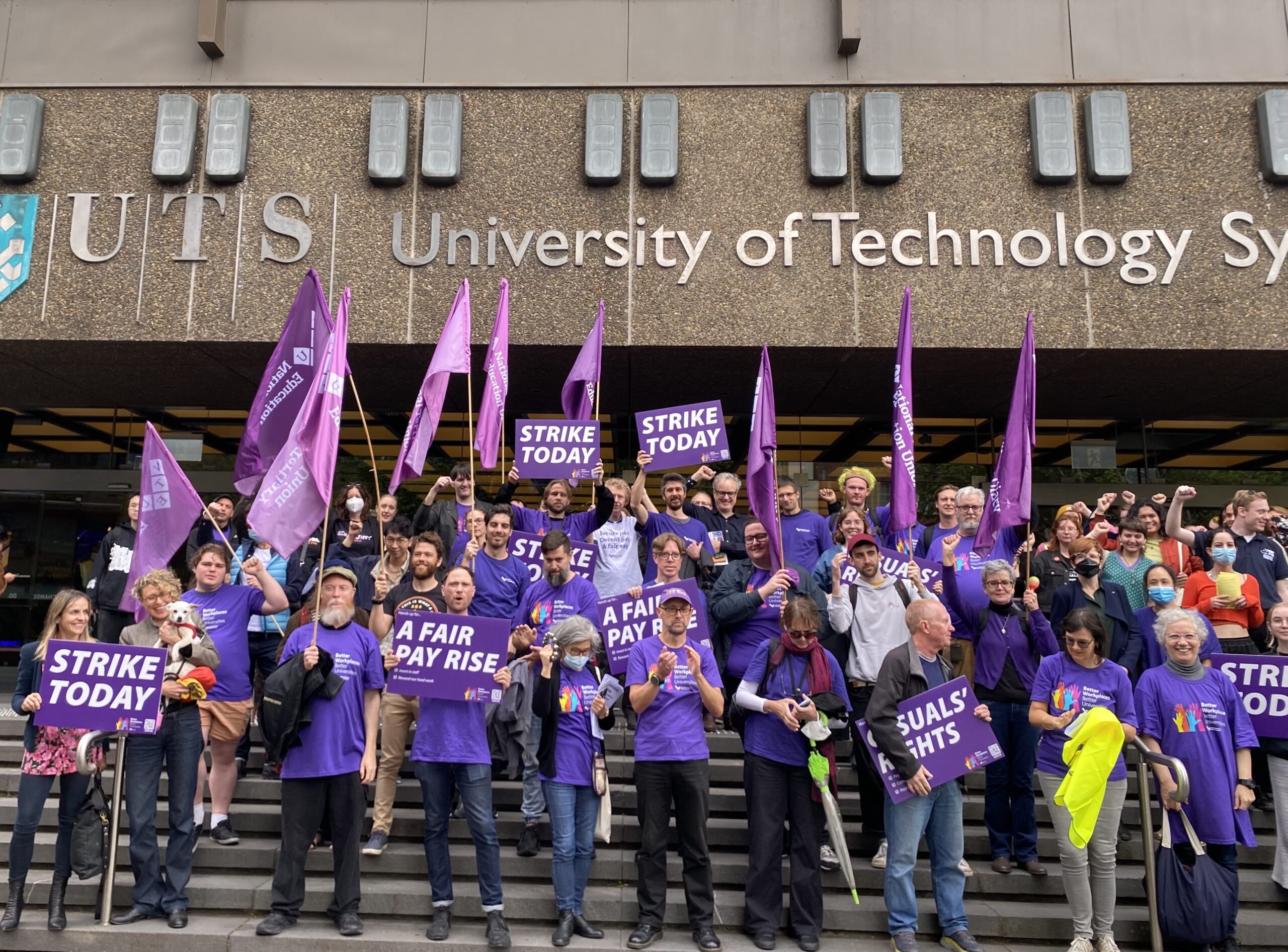
Image: UTS staff on strike Wednesday morning. Photo: Christine Lai.
By CHRISTINE LAI
Staff at UTS held a two hour stop-work strike between 9-11am on Wednesday morning in their latest bid to escalate demands. The strike follows 12 months of negotiations where no change has been made by university management in response to the National Tertiary Eduction Union’s (NTEU) log of claims.
NTEU UTS Branch President Sarah Attfield chaired the stop-work action. The strike was attended by a multitude of union figures and politicians.
NSW Greens Senator Mehreen Faruqi condemned the “decades of neoliberal policies” that have led to a system built on the exploitation of staff at universities across the nation.
She called for a demand of the “end to crushing workloads, end to insecure work” and a fight for better and “more supportive working conditions” for striking staff. Faruqi declared a need for a reinvestment in public funding and the reversal of fee increases under the Job-Ready Graduates package that was introduced in 2020 which has seen university fees for humanities degrees including arts and social sciences more than doubled.
“Universities must be democratic places that are run by staff and students, not by those up in their ivory towers”, Faruqi said. She declared the importance to “wipe all student debt and make TAFE and university free”, stating that it was possible to build a “better university”, but it was one that had to be fought for.
NTEU Secretary calls out “wage theft” at UTS
NTEU Secretary of NSW Damien Cahill criticised UTS for making “insecure employment their business model” despite being a public institution.
“Universities cannot deliver quality education when staff live in constant anxiety. When staff must choose between delivering quality education for students and the hours, they get paid, that’s called wage theft.”
UTS Education Action Group activist Lucia Thornton called out the rampant “class divide” on campus between the workers and university management who were “squeezing staff and students dry”.
“People who run the university have been on an absolute rampage over the last few years. They’ve handed out pay cuts to staff in the context of a cost-of-living crisis which is only worsening, as inflation is skyrocketing, and wages across the board are lagging,” Thornton said.
Thornton criticised the countless staff sackings, cuts to courses, hiked fees and push to online lectures which had “ripped into the quality of learning conditions that students are receiving.”

